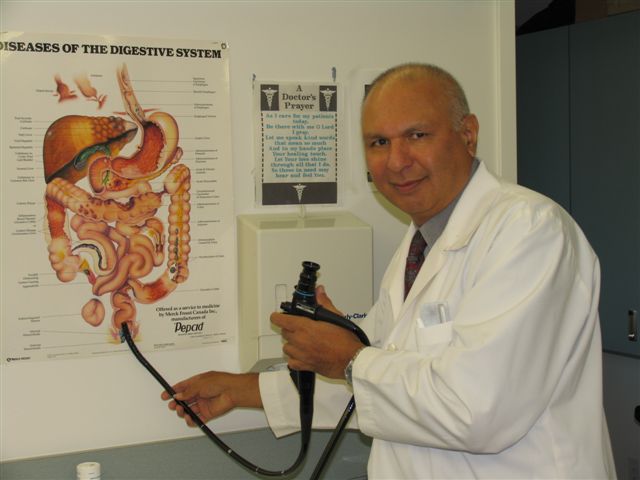
Dear Dr. B: Does aspirin prevent colon and rectal cancer?
Answer: In the past there have been numerous reports supporting the protective effect of aspirin and other non-steroidal anti-inflammatory drugs (NSAIDs) on the development of cancer.
But a recent study from the Harvard Medical School, published in the Journal of the American Medical Association (JAMA), concluded that low doses of aspirin (100 mg) taken over a long period of time (10 years) do not help prevent colon cancer. In fact, the researchers found that low-dose use of aspirin had no effect on total cancer, breast cancer, colorectal cancer or cancers at any other sites, with the exception of lung cancer. Again, the findings on lung cancer were not conclusive.
In another study, the researchers found high doses of aspirin (14 tablets of 325 mg. aspirin in a week) taken over 10 years can prevent colorectal cancer by 53 per cent. This study involved 80,000 women. If you take six to 14 aspirins a week you reduce your risk by 22 per cent.
This information is important for individuals who are at a high risk for development of colon cancer because of personal or family history. But there is a risk involved when aspirin is consumed. For every one or two women who were protected from cancer, eight developed serious bleed from the stomach and intestine.
Aspirin is not the magic pill for prevention of colorectal cancer. But there are other things one can do to prevent colorectal cancer. Limit consumption of red meat and processed meat. Maintain normal body weight. Have a regular rectal examination after the age of 40. Have your stool checked for occult blood. Report any alarm symptoms to your doctor because you may be a candidate for further investigations involving barium enema and flexible sigmoidoscopy or colonoscopy.
These investigations are also used for screening. All screening tests have advantages and disadvantages and none of the screening tests have 100 per cent accuracy rate. Screening for colorectal cancer is important and should be encouraged among healthy asymptomatic Canadians who are 50 years of age or over. But the ideal method of screening remains controversial.
There is no controversy when it comes to patients who have alarm symptoms. The alarm symptoms are: rectal bleeding, change in bowel habit, anemia, change in the caliber of your stool, loss of weight and abdominal mass. These complaints should be investigated early as colorectal cancer is the second most common cancer among Canadians and affects men and women equally.
Something to think about!
Peter Mansbridge, Chief Correspondent of CBC Television News and Anchor of The National writes in his Macleans column, “The war on terror now enters its fifth year, making it as long as the First World War, almost as long as the Second, and longer than the Korean war.” He goes on to say that as in all wars, most of the dead are young, some very young.
“Each week there seems to be at least one 18-year-old listed. That means that on September 11, 2001, those youngsters were barely in their teens – just 13 or 14. Barely into high school… Now they are dead soldiers.”
Start reading the preview of my book A Doctor's Journey for free on Amazon. Available on Kindle for $2.99!